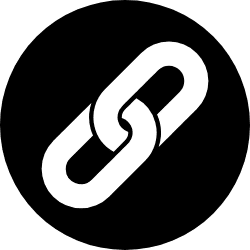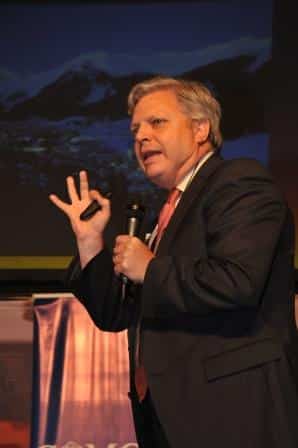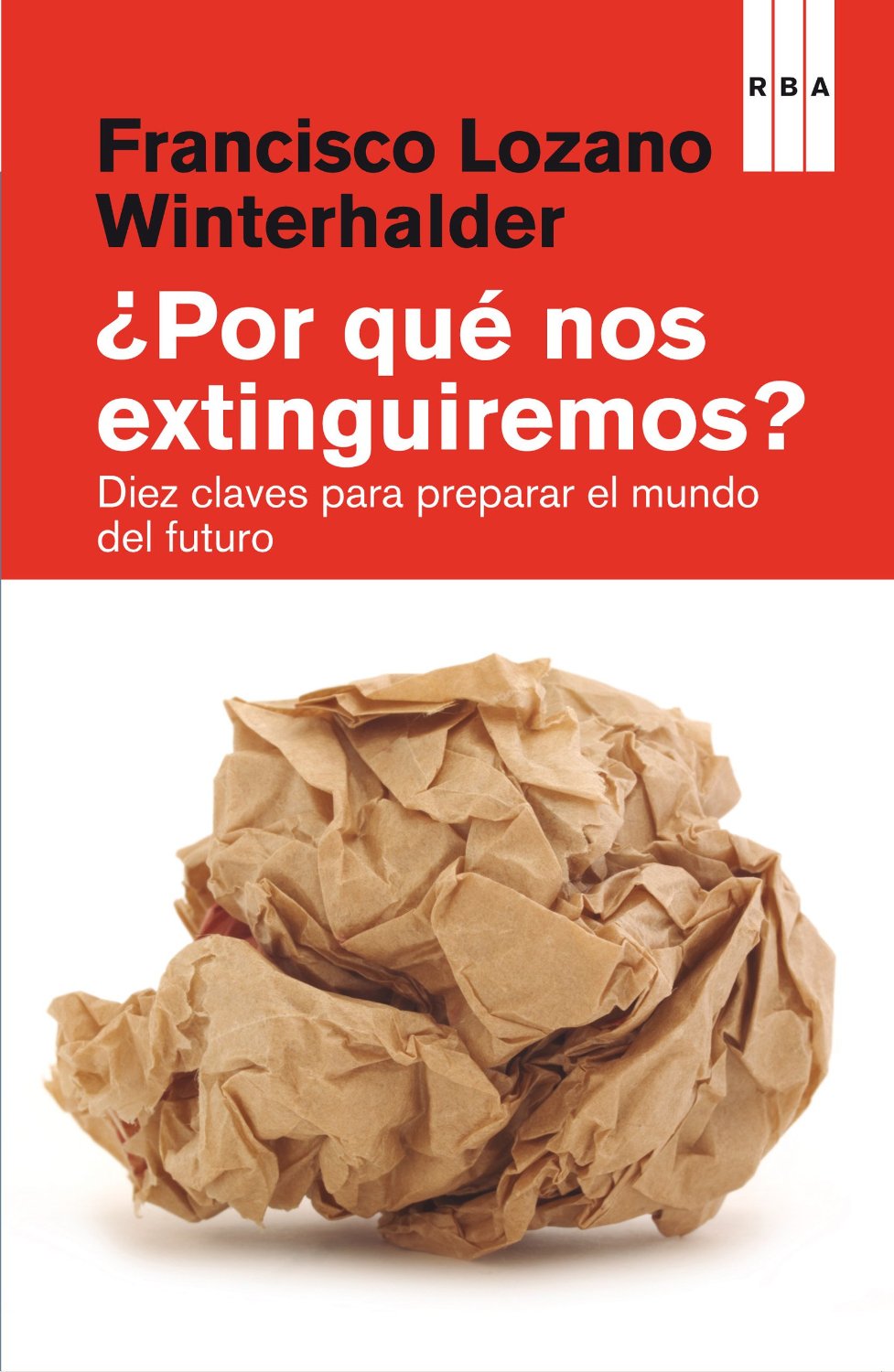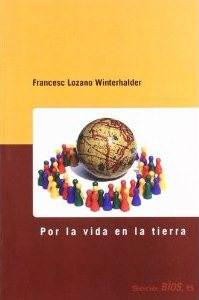


Francisco Lozano Winterhalder
Francisco Lozano Winterhalder is a biologist and has a master degree in Arts, following a Ph.D. program in Philosophy. He is a Professor of sustainable development at the prestigious ESADE Business School.
Categories
Arts, Culture & Lifestyle, Business & Management, Climate, Environment & Sustainability, Economics & Finance, Government & Politics, Leadership & Strategy, Marketing & Branding, People & Society, Philosophy, History & Religion, Science, Trendwatchers & Trends
Topics
Biology, Climate Change, Creativity, Ethics, Government, Innovation, Motivation & Inspiration, Renewable Energy, Sustainable Building, Sustainable Entrepreneurship & Social Enterprise, The Environment
About Francisco Lozano Winterhalder
Francisco Lozano Winterhalder is a biologist and has a master degree in Arts, following a Ph.D. program in Philosophy. He is a Professor of sustainable development at the prestigious ESADE Business School (Ramon Llull University, Barcelona, Spain) BBA, Master in Science and MBA-. He is also a professor of Tourism and Sustainability at the Faculty of Hospitality Tourism St. Ignasi-ESADE. He was a member of the board of the United Nations Spanish Association. He was also a member of the Sustainable Council for the city of Barcelona. He is involved in the UNESCO movement. He was the general secretary of the UNESCO Club in Barcelona during five years.
He participates in programs of cooperation in Latin America and Africa, as well as in programs for transferring knowledge and technologies in the Asia-Pacific region.He presents always a holistic approach. Prof Winterhalders aim is integration of all aspects involved in every specific issue (scientific, technical, economic, social, ethical, cultural…). He also looks at the creativity of cultural diversity and the evolution of knowledge around the world.Preparing his presentations to precisely suit each event, Professor Winterhalder challenges and inspires audiences with his expertly delivered speeches. He communicates emotionally (sometimes he uses music as a resource). Each presentation is followed by a lively Q&A session which is both highly stimulating and valuable.
His topics include :
- Leaders for future
- Sustainability and profit, a win-win system
- Environmental Management System
- Climate Change and the Problem of Energy
- Creating Shared Value
- From Biological Evolution to Ethics Evolution
- 10 Keys to Prepare the Future, Inspired by the Book: “Why do we Become Extinct? Ten Keys to Prepare the Future
- Key Concepts and Behaviors in Sustainability
- Sustainability, Business and Values
- Celebrating the Day of Corporate Responsibility in our Company
- Sustainability and Competitiveness as Synergistic Systems
- Sustainability and Business Opportunities Green Economy
- Sustainable Consumption: Facts and Trends
Specialist Subjects
Videos






